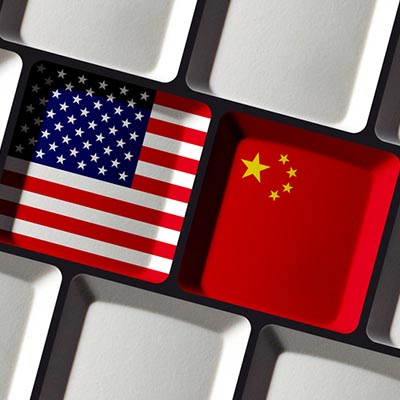TechPulse: Blog

U.S. Government Making Big Trouble for Huawei
Huawei is one of the biggest technology companies in the world, employing over 200,000 people and accruing more than $100 billion in annual revenue without being a major player in the hungry U.S. market. As impressive as these numbers are, the Chinese company is staring at a very troubling situation in the face.
On May 16th, the United States added Huawei to the U.S. Commerce Department’s Bureau of Industry and Security’s “entity list,” keeping U.S. companies from doing business with Huawei without getting permission from the proper authorities. The official reason is cited as Huawei being “engaged in activities that are contrary to U.S. national security or foreign policy interest.” Some people keeping track of recent events, however, are connecting this to the ongoing trade war with China being the real cause of this move.
The reasoning is of little consequence, as the company has to go into damage control mode to limit the issues created by this decision. Huawei’s smartphones run on Android, and their computers utilize Windows 10, meaning that their products utilize properties owned by United States companies. What this means is that Huawei will no longer have access to these operating systems for their devices, putting immense pressure on them to make up for the lost business.
Huawei announced that it has been developing its own OS, but the sudden shift is sure to cause a considerable amount of expense for the company. Android’s OS is open source, so they could use that as a base, but it wouldn’t be supported by Google’s terms of service, and it wouldn’t have access to Google products, including the Play store. A lack of apps can create problems for any mobile platform, and most organizations that try to build an App store sans Apple and Google have mostly failed in this pursuit.
Furthermore, not having access to American-developed applications is sure to leave a considerable deficit in Huawei’s profits in the short term. After all, Google Chrome, Gmail, Facebook, Twitter, YouTube, and others won’t be available on the platform, and that’s a major problem for any device or operating system in today’s modern age. Apps are just way too convenient to not use, and an Internet browser doesn’t offer this same functionality.
What do you think about these developments? Do you think Huawei’s strategy will pay off in the long run, or will it buckle under this pressure? Let us know in the comments.






